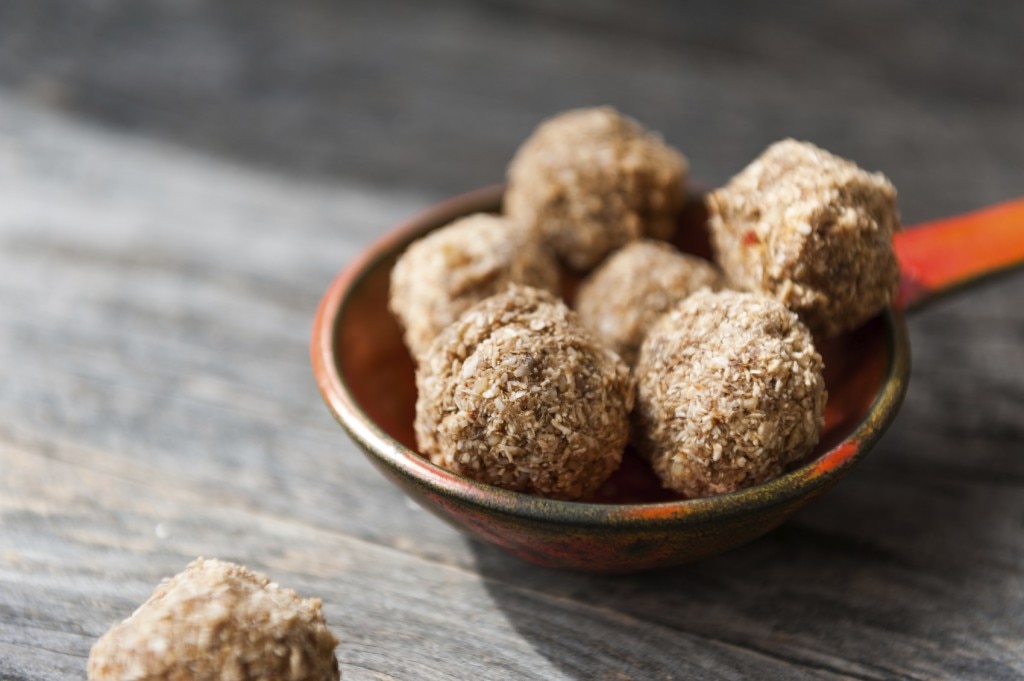You were good all through your pregnancy, swearing off coffee, avoiding deli meats and blue cheese, eschewing alcohol and side-stepping sushi. You made sure, except for the occasional pint of ice cream, to eat wholesome meals loaded with fresh vegetables, grains and baby-building protein. But now that baby’s here, your best-laid nutritional aspirations have fallen on the wayside. Rest assured, you are not alone.
Many new moms feel so overwhelmed with taking care of baby that they forget to take care of themselves, and it shows in their diets. Its catch as catch can, and it might not be pretty. “Women don’t make feeding themselves a priority,” says Courtney Greedy, a Boulder, Colo.-based nutritionist.
Yet eating for two is just as important now—particularly if you are breastfeeding. “We need more calories breastfeeding than when pregnant—it’s a mistake to think of this as a time for dieting,” says Lauren Feder, MD, who specializes in primary care medicine, pediatrics and homeopathy. For women to consume enough fuel for breast milk production, Children’s Hospital Boston recommends breastfeeding women aim for 500 calories more than they would usually eat.
Besides maintaining your sanity, there are several reasons it’s crucial to pay attention to your diet postpartum. It’s helpful if you consider yourself an extreme athlete. You need to replace all the nutrients that you sacrificed to your baby during pregnancy, maintain your energy and nourish your body so that it can efficiently produce a good supply of milk. Plus, breastfeeding typically increases your metabolism, so it’s one of the few times in life that you can tuck in lavishly and without remorse. We’ve gathered these easy tips for boosting your nutrition, knowing that this is a time when standing over a hot stove has zero appeal.
Eat a wide variety of foods. “You don’t necessarily have to shy away from spicy foods, unless your baby seems sensitive to them,” says Feder. Include comfort foods, ethnic foods and a wide range of protein sources.
Include healthy fats. High-quality, unsaturated fats are the best choice. Olive oil, coconut oil, avocados, walnuts, whole milk and butter “all become brain food for baby,” Feder notes.
Avoid pesticides and processed foods. Just as in pregnancy, a high-quality diet with minimal pesticides minimizes your baby’s exposure to toxins at a time when they are most vulnerable. If you can’t afford to go all organic, prioritize avoiding the dirty dozen (the foods most heavily contaminated), and seek out the clean 15. Also, if you eat meat, consider buying grass-fed. “It’s better to eat less of it, but better quality,” says Greedy. “You can use meat as a condiment, not as a main dish.”
Hydrate wisely. Breastfeeding takes a lot out of you, including water, so it’s imperative to replenish yourself with copious amounts of fluids. Cut back on alcohol and caffeine—even if the exhaustion and stress cause you to crave both. “Women often fall into the caffeine trap, thinking it will help them get energy,” says Greedy. “But it’s not real energy—just adrenaline—and the body thinks there’s a constant emergency.” The constant stress signals also make it harder to lose weight. If you feel in the grip of caffeine addiction, cut back slowly, swapping your hefty morning mug of joe for a more dainty-sized cup. If tea is your drug of choice, try steeping it for less and less time.
Snacks to keep handy
Greedy offers this list of go-to foods to have on hand postpartum when people ask if you need anything:
- Vegetables and fruit prepped for quick consumption
- Nuts and nut butters
- Cooked grains like quinoa and brown rice
- High-quality meat (grass-fed and pastured is ideal, but at the very least it should be organic)
- Beans
- Sardines
No-Bake Walnut Brownie Bites
Ingredients
½ cup walnuts, chopped
½ cup medjool dates, chopped
2 Tbsp.cocoa powder
2 tsp.vanilla extract
1/8 tsp.sea salt
Directions
- In a food processor, combine all ingredients and blend until well combined.
- Use hands to shape mixture into balls.
- Refrigerate or freeze before serving.


